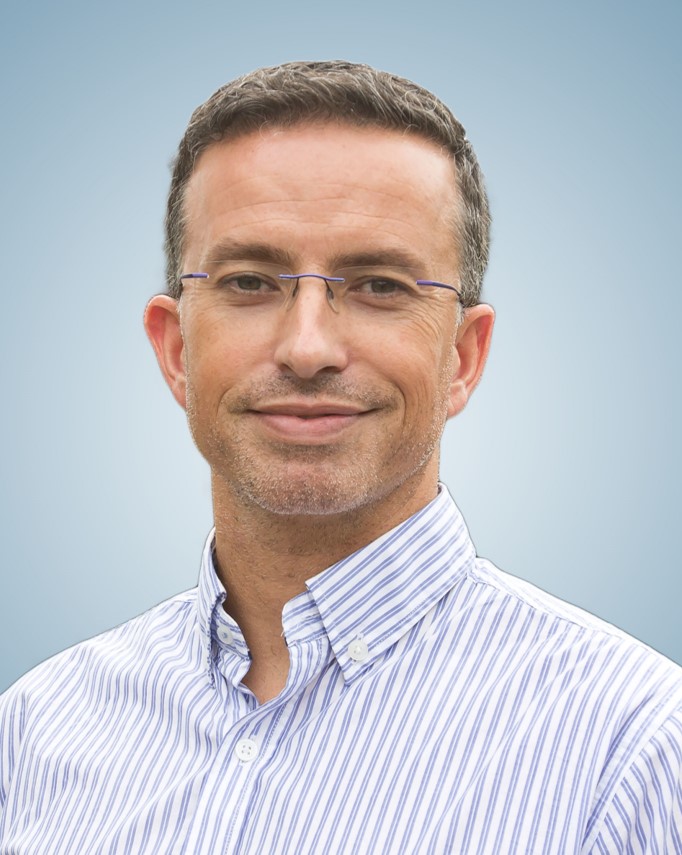An interview with Tiago Fleming Outeiro, Biochemist from Young Parkies Portugal, September 2, 2023 by George Ackerman, Ph.D, J.D.

Biography
Tiago Outeiro graduated in Biochemistry at the University of Porto and did his PhD thesis at the Whitehead Institute for Biomedical research – MIT. Tiago Outeiro was a Postdoctoral Research Fellow in the Department of Neurology of the Massachusetts General Hospital – Harvard Medical School where he focused on the study of Neurodegenerative disorders such as Parkinson’s and Alzheimer’s disease. Tiago Outeiro directed the Cell and Molecular Neuroscience Unit at IMM, Lisbon, from 2007 to 2014, and is currently Full Professor and the Director of the Department of Experimental Neurodegeneration at the University Medical Center Goettingen, in Germany. Tiago holds a joint Professor position at Newcastle University in the UK. Tiago has authored >290 research articles in international journals and participates in various international boards and in collaborative projects with the aim of identifying the molecular basis of neurodegenerative disorders such as Alzheimer’s and Parkinson’s disease.
Please tell me a little about your background.
I trained as a biochemist and specialized in molecular neuroscience
Can you tell me more about your organization?
As a scientist, I consider we have the responsibility of explaining what we do to the general public. This is even more important when we work on topics that impact, potentially, on people’s lives. For quite some time I have been committed to communicating what we do to the Parkinson’s community.
In addition to the laboratory I direct, I have been very involved in Young Parkies Portugal (YPP), a patient association created to support young PD patients in Portugal. In addition, I have been working with MDS for several years, with the ultimate goal of improving patient care.
What is your passion and how did you get involved in Parkinson’s awareness and hope for a cure?
My passion is to understand what are the triggering events that lead to cell dysfunction and death in the brain. We think this is related to the accumulation of aggregated proteins in the brain, and I have been studying this problem for many years now. I am confident that, as we deepen our understanding of the basic mechanisms involved in disease, we will be able to develop therapies that are capable of modifying disease progression.
What type of goals do individuals with Parkinson’s have when working with you?
I believe their goals are two-fold: on one hand, to help and contribute to research, through their generosity, giving us previous samples for our research. On the other hand, they are interested in understanding where we stand and when we may have something that really treats their problems better.
What effect can it have on an individual with Parkinson’s?
My involvement with YPP intends to educate, to clarify doubts, to bring hope to patients. With my research, I hope I can contribute to new discoveries that may help diagnose, classify, and treat Parkinson’s disease.
What would you like to see as a future goal for your advocacy?
I would like to see a world where scientists and patients work together, hand in hand, setting an example for other fields of human health so that, in not too long, PD has no stigma, no secrets, no pain, no burden.
What events do you participate in?
I participate in multiple events with individuals with PD, organized by YPP or other organizations. I participate in scientific conferences where we discuss the latest progress in the field. And I participate in events with the lay public, so we talk and discuss issues that, hopefully, will enable us to overcome PD, together.
How does your advocacy also assist the caregivers?
By generating knowledge, I hope I contribute to assist caregivers and provide the best information to individuals with PD and their families.
How can someone get in touch? What is your website?
People can easily find me on my laboratory’s website:
http://www.neurodegeneration.uni-goettingen.de/
And also through YPP:
https://www.youngparkiesportugal.org/home/
How can others also become advocates for awareness?
By staying informed about the issues, by caring, by sharing their time and love for those who need us.
In your opinion what is the key to effective advocacy?
The key to effective advocacy is generosity – if we are generous with our time, our feelings, our knowledge, we will be the best advocates for any cause we choose.
If you had one final statement or quote you could leave for the Parkinson’s community, what would it be?
No one chooses to get Parkinson’s. Parkinson’s chooses us. So let’s work together to “make the most” out of Parkinson’s, and try to forget it exists.

